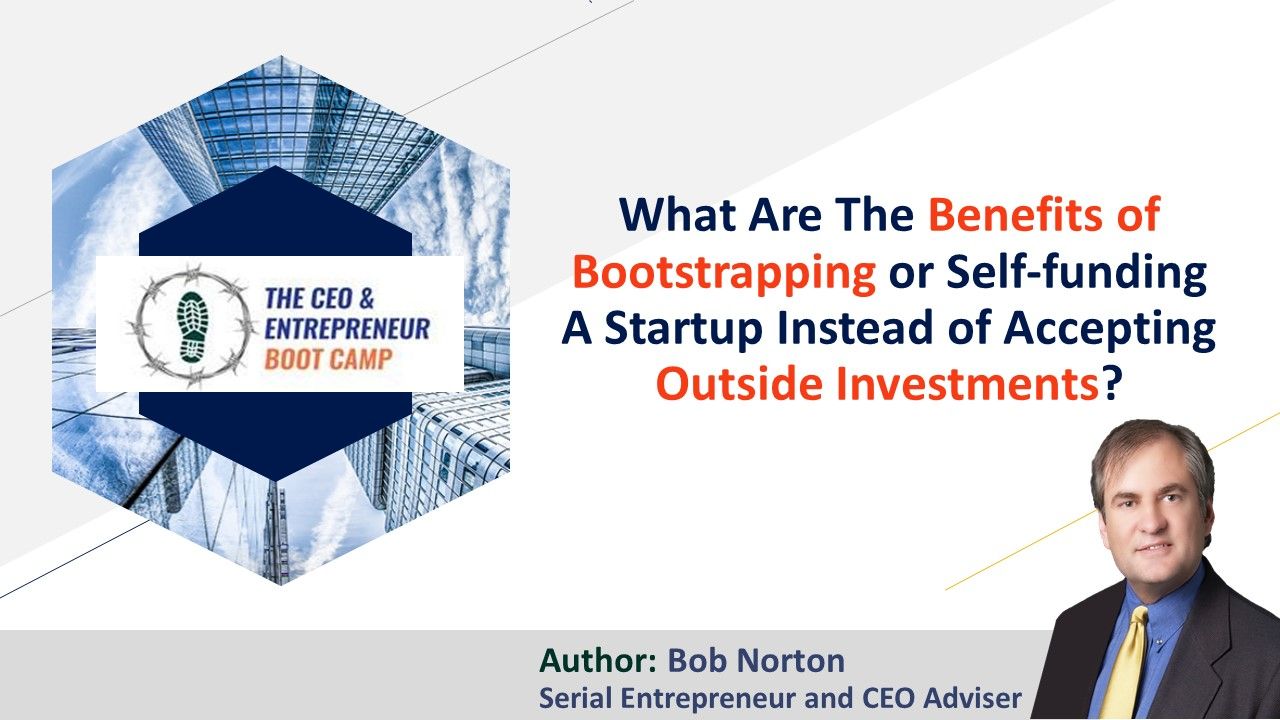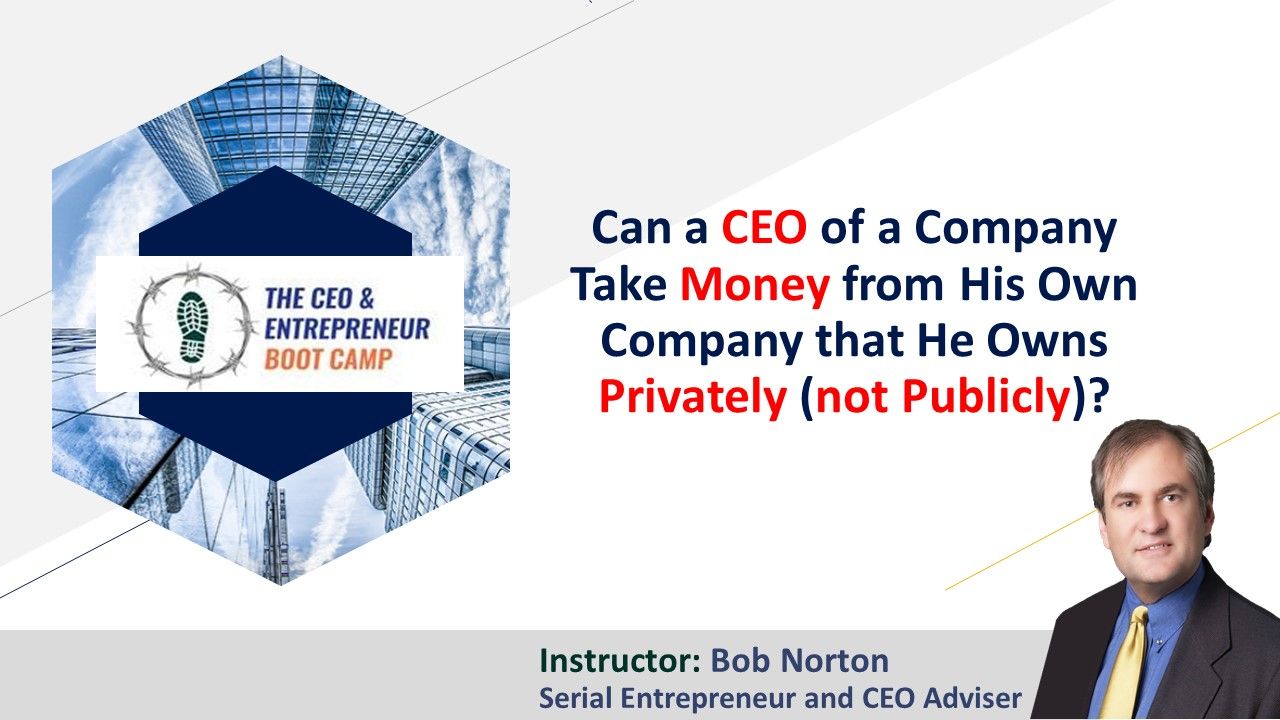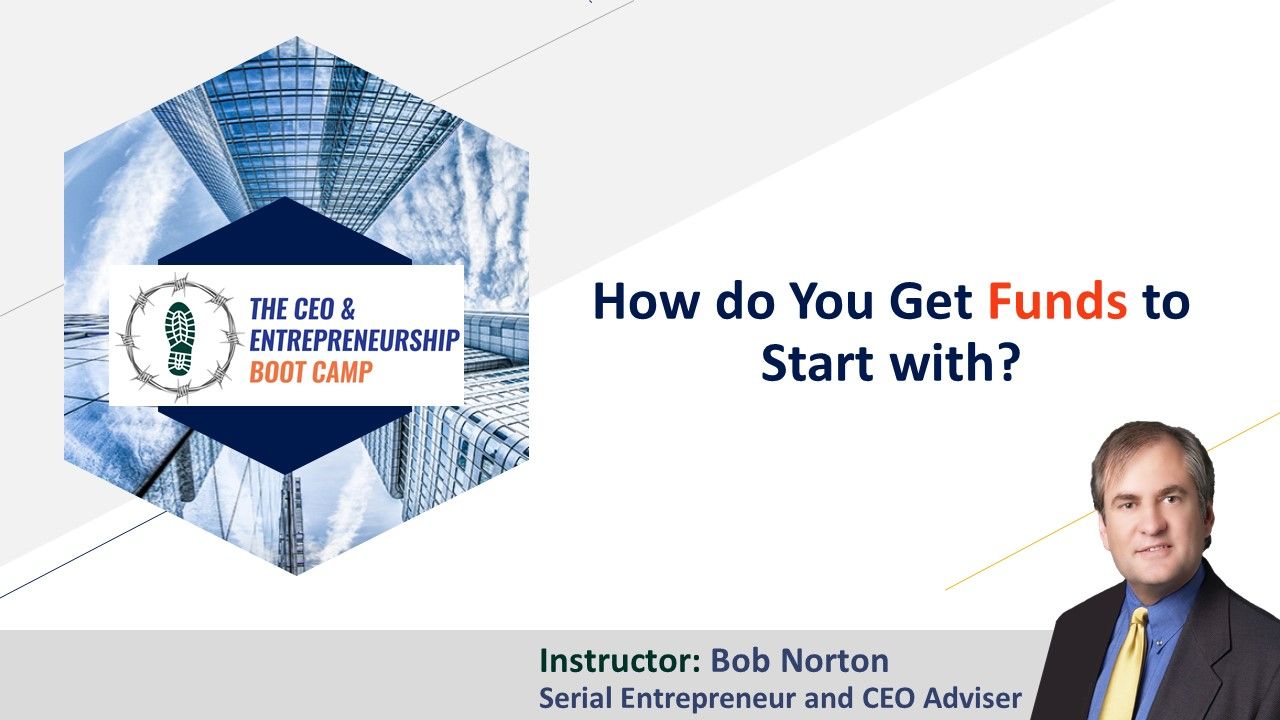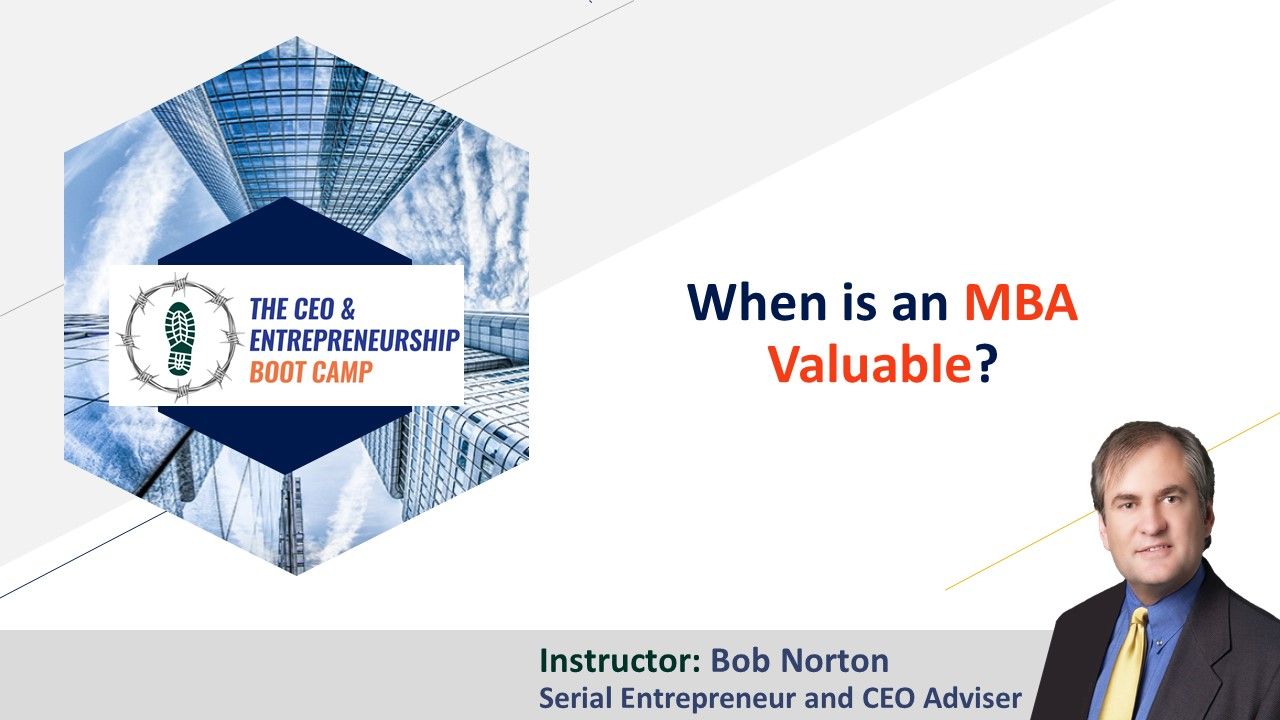How can you ensure consistent customer service training for employees in your small business?

It all starts with a strong, documented values statement that is taken very seriously at every stage. This means enforcing it and using it as a basis for reviews, bonuses, and promotions in a visible way.
Here are more key component of a process that will work:
- Training for employees in this and your company's value proposition. Including ethical behavior for long-term, mutual benefit. A win-win relationship with customers, not a transactional one. A culture of customer service. Employees are not allowed to bad mouth customers. That is attitude and can run off the rails if not limited.
- Use video recording Learning and Development system (LMS) for consistency and easy initial training to guarantee every employee is trained and tested properly.
- Have a customer feedback loop, like listening in on calls, as Amazon executives are required to do. What is watched is taken seriously. This is called the Hawthorn Effect. i.e. a sign-out sheet on the supply cabinet reduces theft because it...
How Can A Young Tech Company Compete Against Established Players In The Market?

Startups should never, ever, never compete with big companies. They must offer something different. “Differentiated” is the most important word in designing a startup market entry strategy.
Look at this diagram and decide how you can adjust your company to be in the top right quadrant. Without that you have no chance of surviving, never mind profiting, because you will compete with companies 100 to 1,000,000 times larger than you with already developed marketing and sales channels and huge budgets.

Only these kinds of companies will attract investors (needed to grow) and top employees because they know the stock options can be game changers for their personal wealth.
What Are The Key Skills And Qualities That Every Successful Entrepreneur Possesses?


The personality traits that a strong entrepreneur must have include:
- Tenacity and the ability to ignore naysayers when they have deeper understanding of the problem the company is trying to solve
- Vision - The ability to see the future trend they are either creating or trying to leverage
- Intelligence - The critical thinking skills to properly weigh the many factors that are needed for most business decisions
- Leadership - The ability to convince others to follow them which comes from showing the skills and personality traits listed here
- Management skills to recruit and manage quality people, especially managers and people with passion to build out the needed skill sets
- Innovation - The ability to see beyond what the solution to the problem is today and design a significantly better one that can be delivered with a profit
- Focus - The ability to focus on one...
What Is A Reasonable Salary For Early Founders When Raising Outside Capital?

A reasonable salary for any CEO or founder is a $100K to $200K today. This depends on their experience and market value which could easily be $500K+. A CEO with ten years in that seat is worth $300K to $500K base salary, but investors want them to have skin in the game and urgency too.
Like a salesperson you never pay them enough in base salary to be totally happy, or financially comfortable. Stock value should be the main long-term motivation. At 20% capital gains tax, not 50%+.
What is more important is that the base salary is a small fraction of the upside of their equity. Investors want founders 100% focused, not worried about paying their personal bills, or moonlighting to do that.
Building a company is a marathon not a sprint. All the founders need to be committed for a 5 year period. And in any VC level opportunity ought to have at least $10M to $20M upside with reasonable success. With 3 to 5 key players that's a $100M stock option pool. Normally at least 10% of the company,...
What are the benefits of bootstrapping or self-funding a startup instead of accepting outside investments?

Typically, you cannot get outside funding until you have developed some team, plans and an MVP product (minimum viable product or prototype) from serious investors. People are misled by headlines thinking they can raise millions from outside investors with none of these. That only happens if you already made other investors rich, in which case it is likely you would fund your startup’s seed stage yourself to prevent early dilution.
Over 80% of startups fail because the founders underestimate the skills and team required. There are about 40 skills sets needed to build a scalable startup. Usually this requires a team of three people with 15+ years’ experience each to launch successfully. The college graduate that built a $100M startup is a myth propagated by ignorant reporters who fail to look behind the front person and just want headline click bait.
Bootstrapping is done because most need to do that with personal, co-founder and friends and family money to complete...
What are the Most Common Mistakes that Entrepreneurs Make?

Here is a short list of others, because there are hundreds:
- Assuming you can raise capital before you have a product, most cannot.
- Not building a team of 2–3 founders who can work for cheap or free for a year. You need this to build an MVP. This team needs marketing, sales and technical skills, not just product development, as the vision needs to be complete with a sales and marketing plan that requires senior expertise.
- Not doing sufficient market research and competitive intelligence to understand the target market and customer. Many are so paranoid of their idea being stolen (ideas are worthless, BTW) that they fail to validate their product/service.
- Pure arrogance and stupidity, yes, this may be 50%. They believe they can get others to do the hard work they need to do and keep the company. Some even believe they can just hire a CEO and give them 10% and keep 80% for themselves. Why would any experienced CEO ever do that when ideas are a dime a dozen, and they can just...
What is Your Resource Saving Tip for Individuals?

According to this source, resources needed from the planet will be exceeded by human demand this August. I guess this means more people starve and suffer soon. I find most corporate ESG initiatives to be all PR and no real meat or commitment. What are you doing to reduce the human footprint on the planet?
So many easy things every individual can do. Interestingly, I learned today from a related chart you can see at link below that almond milk uses 40.9% less water than cow's milk. And my doctor recommends it for less cholesterol, too. These easy choices can help.
Same with eating less red meat and more veggies. Better for you, too. ;0)
Two-thirds of the economy is the consumer, and so our choices matter. I started donating to Greenpeace in the 1980s when the Rainbow Warrior sailing ship was covertly bombed by the French gov't (evil), showing total disregard for not just whales, but also the law, people, free speech and the planet as a whole. Forty years later, we...
Can a CEO of a Company Take Money from His Own Company that He Owns Privately (not Publicly)?

Sure, as long as they own 100% of the stock, they can do pretty much anything they want, within tax laws of course. They can pay themselves any salary, issue dividends, make a loan to themselves, etc.
However, the minute one other person owns one single share of stock, this changes dramatically. Now they have what is called “A fiduciary duty” to the other shareholder(s) to do only things that are in the best interest of the company. This has a very high legal standard called “Utmost good faith”. And if you violate this principle, then you can be sued in civil court for damages.
Fiduciary duty refers to the highest standard of care. Board members and officers are fiduciaries, and by statutory and common law mandate, they must act with the utmost responsibility in the best interest of shareholders, not themselves. Any Officer of the company also has this duty and will be guilty of violating it if they know of any abuse by others without reporting...
How do You Get Funds to Start with?

Raising money is very difficult and only possible for companies that can grow large and provide a nice return to investors that warrants the risk. This is for “Equity” or stock sales. Debt can be used with home equity loans, credit cards, friends and family though if you are just starting and have no product or team.
I recommend you do not start a company without at least 6 months personal expenses in the bank. Most of your input to create value (so shares can be sold for something over $0.00) will be from sweat equity. This “bootstrapping” creates value and shows investors you have the skills and a plan.
For a “real startup” with a product that must be created plan on a year to develop a plan, do market research, competitive intelligence, design a product, validate it by showing to prospects (before you build) and then building the MVP. If you do not know what an MVP is, you need to read The Lean Startup first. Service companies require less...
When is an MBA Valuable?

Danny Miller, a professor at HEC Montréal business school, and Xiaowei Xu, an assistant professor at the University of Rhode Island, studied 444 CEOs who had appeared on the covers of Forbes, Business Week, and Fortune over nearly four decades - from 1970 to 2008.
They analyzed the performance of the companies headed by these CEOs for the period after the magazine appearances.
The companies headed by MBA's performed significantly worse than those without MBA's - with a 20% greater market decline after 3 years - and the performance difference remained 'significant' after 7 years.
Yet the MBA's' compensation increased more than non MBA's' - a rise of about 15% faster after 3 years, and they were paid about $1 million more each year - I guess the "getting yourself a fat pay rise even when your company is sinking" is a well-attended class at MBA school.
Jokes aside, there are some phenomenal MBA's out there, I know many personally. But, IN GENERAL, they are phenomenal despite...


